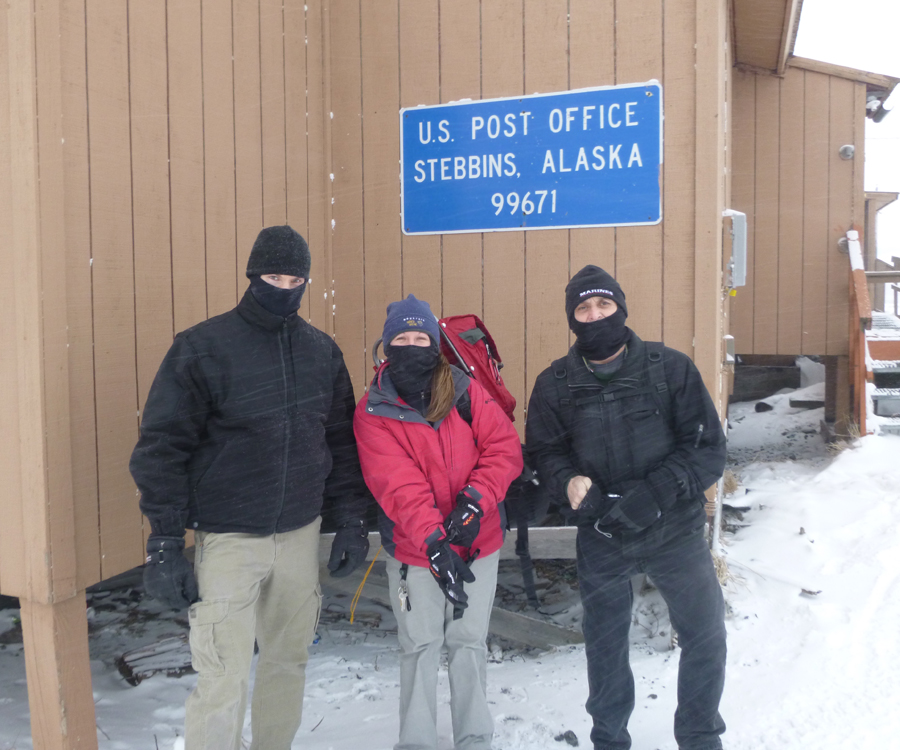Think your commute is rough?
Imagine being Georg Brendel.
Brendel is a special agent for the USPS Office of Inspector General, which helps ensure the Postal Service’s efficiency, accountability and integrity.
His assigned terrain is Alaska — also known as the Last Frontier, a state whose geography and weather pose unique challenges.
While Alaska’s letter carriers, rural carriers and other postal employees work in individual communities, Brendel must traverse the whole state — all 663,000 square miles.
“Most communities in Alaska are off the road system, so you need to fly in or boat in,” Brendel said. “The plane is often the only way in and out of these communities.”
For instance, last year, Brendel and some of his colleagues flew to Stebbins, a remote fishing village of about 500 people, on OIG business.
The airport was just a landing strip and a structure storing snow clearing equipment. There were no car rental services.
At the time, Stebbins, located south of Nome, was being battered by 35 mph winds and bone-chilling temperatures of 40 degrees below zero.
Brendel and his team, which included a co-worker with a prosthetic leg, bundled up to walk to the Post Office several miles away.
The co-worker’s prosthetic leg froze, making it difficult for him to walk. A passerby stopped by on a four-wheeler and gave the man a lift into Stebbins, where the principal of a local school allowed Brendel and his team to stay for the night.
“There are no Marriotts in rural Alaska,” said Jeff Krafels, the OIG’s deputy special agent in charge of the Western Area field office.
Throughout his visit to Stebbins, Brendel and his team made sure to bundle up and take other precautions to protect themselves from the harsh weather.
“It’s dangerous to have any exposed skin for any amount of time in those conditions,” he said.
Krafels said the Stebbins visit reflects the dedication and work ethic that agents like Brendel bring to their work in the 49th state.
“Unless you have lived and worked in the state, it’s difficult to understand the extremes of Alaska,” Krafels said.
